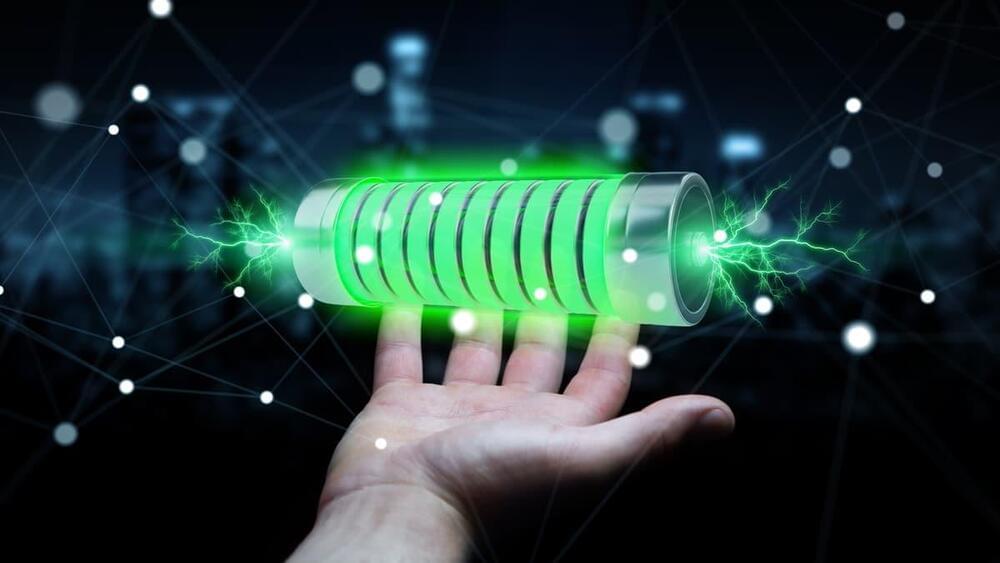Next-generation batteries could take on many forms, but one design that scientists are pinning a lot of hope on involves the use of lithium metal. The excellent energy density of this material could see batteries power smartphones for days at a time, and by designing a new electrolyte that can be controlled by an external magnetic fields, scientist in South Korea have edged them a little closer to reality.
A lithium-metal battery is one that would see this material deployed in place of the graphite and copper used in the anode of today’s lithium-ion batteries. This could make for smaller and lighter anodes with far superior energy density, which could see smartphones require far fewer charges each week or an electric vehicle travel much farther on each charge.
But one problem researchers continue to run into is the growth of tentacle-like protrusions on the anode called dendrites, which swiftly cause the battery to fail. There is no shortage of potential solutions when it comes to addressing this issue, and now a team at the Daegu Gyeongbuk Institute of Science and Technology have thrown another bright idea into the mix.










Comments are closed.